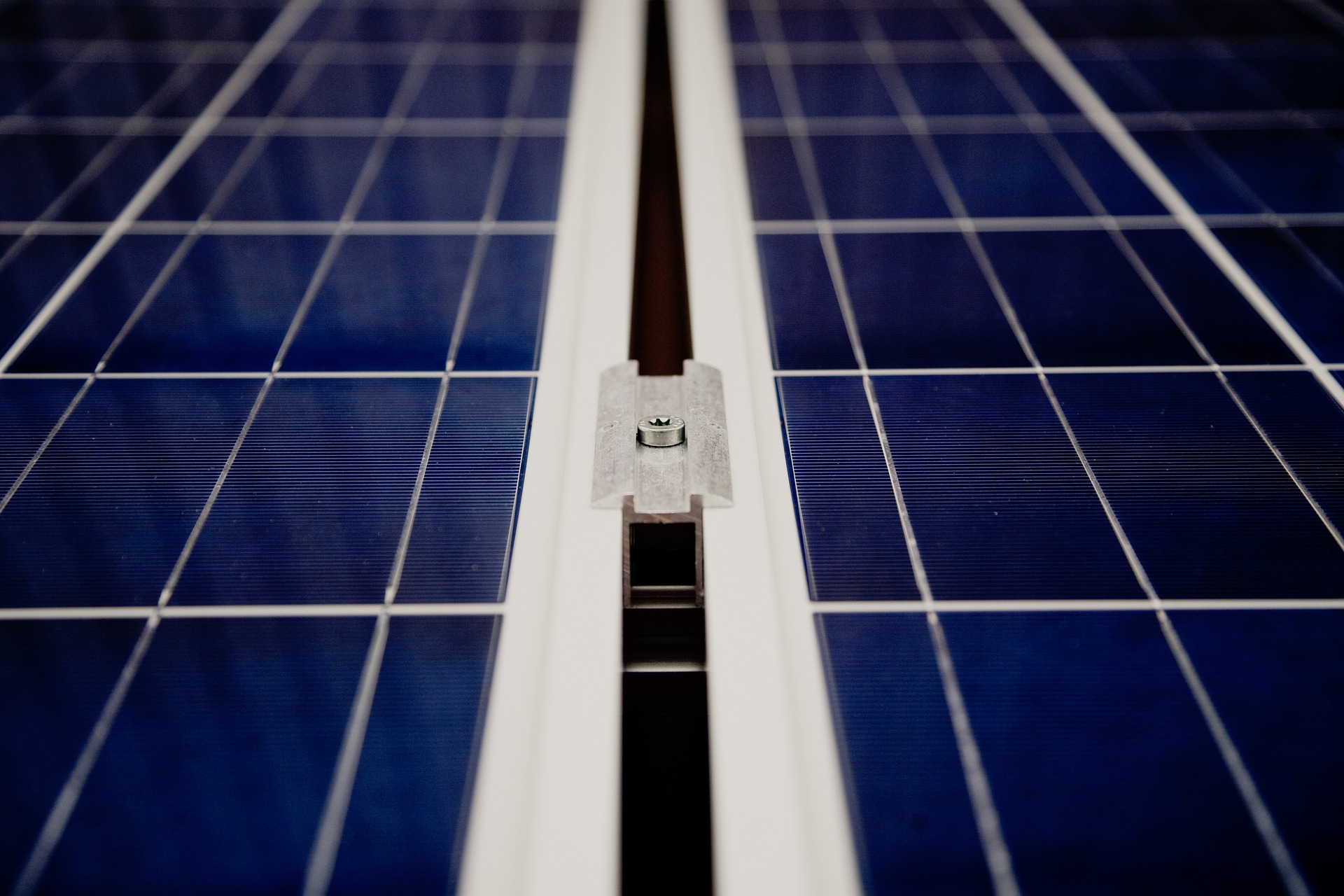10kWh power storage – ideal for single-family homes
Residential energy storage solutions are transforming single-family homes across the UK by integrating renewable technology for reduced energy costs and environmental impact. When matched with solar panels, these systems offer immediate savings and carbon emission reductions while supporting governmental net-zero goals. Learn about storage benefits, innovative products, and how they align with national sustainability efforts.

Is a 10kWh Home Battery the Right Solution for UK Single-Family Homes?
A 10kWh battery system typically provides enough stored energy to power essential household appliances for 8-12 hours during an outage, making it suitable for most single-family homes. The average UK household consumes approximately 8-10 kWh per day, though this varies significantly based on home size, occupancy, and energy usage patterns. For homes with energy-efficient appliances and LED lighting, a 10kWh system can cover a substantial portion of daily electricity needs.
The suitability of a 10kWh system depends on several factors including household energy consumption patterns, the presence of solar panels, and specific energy goals. Homes with electric heating or electric vehicle charging requirements may find 10kWh insufficient for complete energy independence but still beneficial for reducing peak-time electricity costs.
What Are the Main Benefits of Pairing Solar Panels with Battery Storage?
Combining solar panels with battery storage creates a comprehensive renewable energy system that maximises the value of solar electricity generation. During daylight hours, solar panels generate electricity that can immediately power the home, with excess energy stored in the battery system rather than exported to the grid at typically lower feed-in tariff rates.
This combination allows homeowners to achieve higher levels of energy self-sufficiency, potentially using 70-80% of their solar-generated electricity rather than the 30-40% typical without storage. The battery system also provides backup power during grid outages, ensuring essential appliances continue operating even when solar panels cannot generate electricity.
Time-of-use electricity tariffs make this pairing particularly advantageous, as stored solar energy can be used during expensive peak hours rather than purchasing grid electricity at premium rates.
Which Innovative Solutions Are Available from UK Providers Today?
The UK market offers various advanced battery storage technologies, with lithium-ion batteries dominating due to their efficiency and longevity. Many systems now include smart inverters that automatically optimise energy flow between solar panels, batteries, and the grid based on real-time electricity prices and consumption patterns.
Modern battery systems feature smartphone apps allowing remote monitoring and control, enabling homeowners to track energy generation, storage levels, and consumption patterns. Some providers offer modular systems where additional battery capacity can be added as energy needs grow.
Integration with smart home technology allows these systems to automatically adjust energy usage based on weather forecasts, electricity prices, and household schedules, maximising both cost savings and renewable energy utilisation.
How Can Battery Storage Deliver Long-Term Savings and Environmental Benefits?
Battery storage systems provide financial benefits through several mechanisms, primarily by reducing reliance on grid electricity during expensive peak hours. With UK electricity prices varying significantly throughout the day, storing cheap off-peak electricity for use during expensive periods can generate substantial savings over the system’s lifespan.
The environmental benefits include reduced carbon emissions by maximising renewable energy usage and decreasing dependence on fossil fuel-generated grid electricity. A typical 10kWh system paired with solar panels can prevent approximately 2-3 tonnes of CO2 emissions annually, equivalent to the carbon sequestered by 50-75 mature trees.
Long-term savings accumulate through reduced electricity bills, potential earnings from grid services, and protection against future electricity price increases. Most battery systems carry 10-15 year warranties, with many continuing to operate effectively beyond this period.
| System Type | Provider | Capacity | Estimated Cost Range |
|---|---|---|---|
| Tesla Powerwall 2 | Tesla | 13.5kWh | £8,000-£12,000 |
| Enphase IQ Battery | Enphase | 10.08kWh | £7,500-£10,500 |
| sonnenBatterie eco | Sonnen | 10kWh | £9,000-£13,000 |
| Powervault P4 | Powervault | 8.6kWh | £6,500-£9,000 |
Prices, rates, or cost estimates mentioned in this article are based on the latest available information but may change over time. Independent research is advised before making financial decisions.
What Role Does Residential Storage Play in the UK’s Net-Zero Mission?
Residential battery storage contributes significantly to the UK’s net-zero carbon emissions target by enabling greater integration of renewable energy sources into the electricity system. As more homes install battery storage, the collective capacity creates a distributed energy resource that can support grid stability while reducing reliance on carbon-intensive backup power plants.
The UK government recognises residential storage as crucial for achieving renewable energy targets, with policies supporting installations through grants and favourable regulations. Battery storage helps balance electricity supply and demand, particularly important as wind and solar generation increases but remains weather-dependent.
Large-scale adoption of residential battery storage could reduce the need for expensive grid infrastructure upgrades while creating a more resilient electricity system capable of handling renewable energy’s variable nature.
Battery storage systems represent a practical step toward energy independence for UK single-family homes, with 10kWh capacity providing meaningful benefits for most households. The technology continues advancing while costs decrease, making these systems increasingly accessible. When combined with solar panels, battery storage creates a comprehensive renewable energy solution that delivers both financial and environmental benefits while supporting the UK’s transition to a low-carbon energy system.




